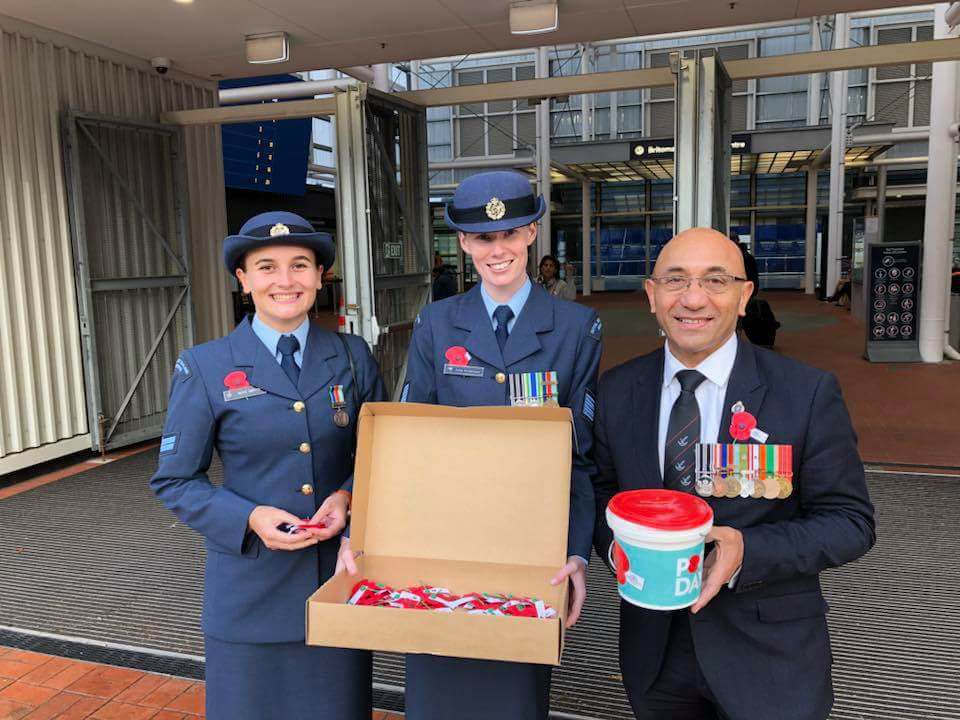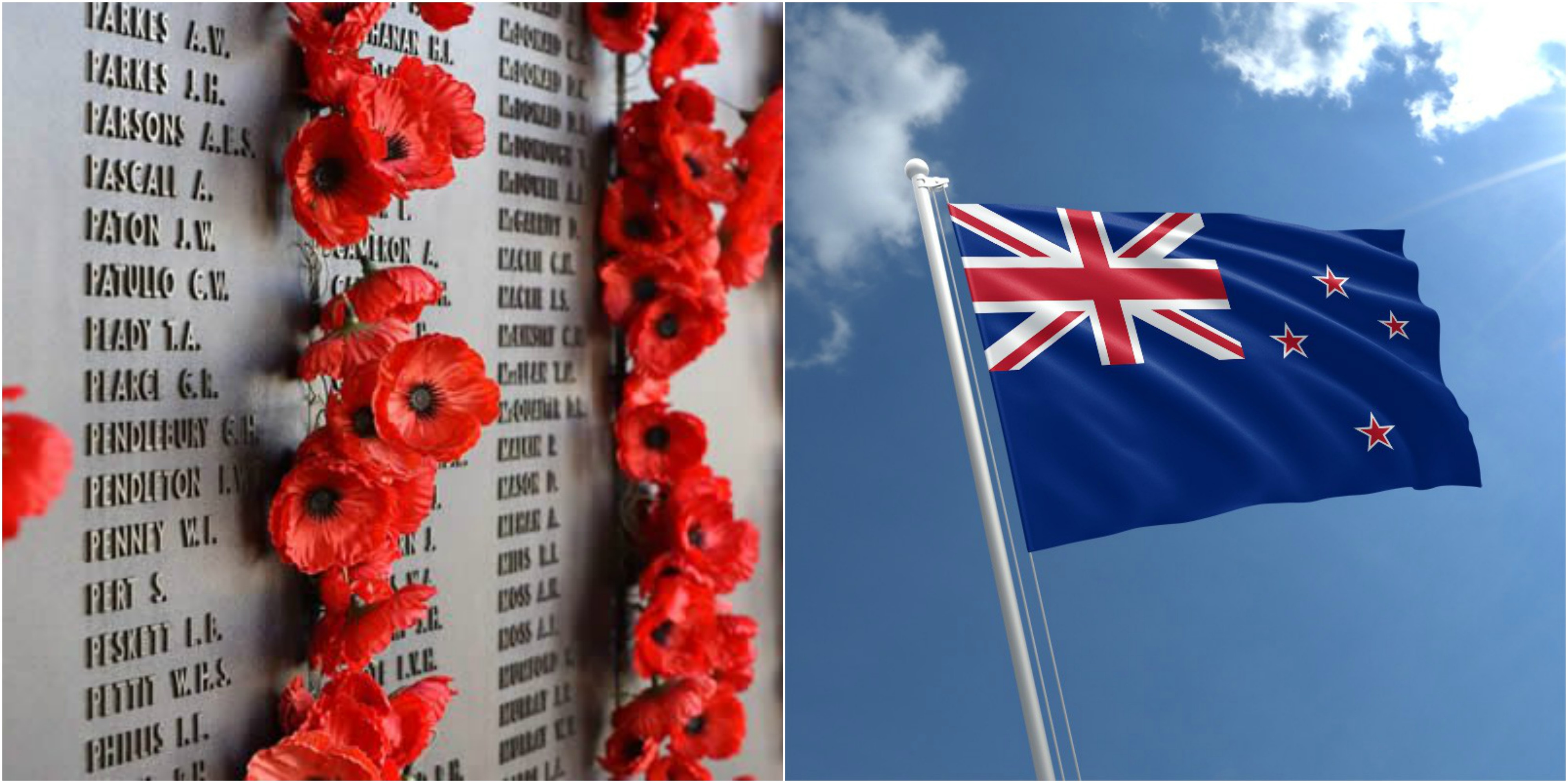While ANZAC Day is widely seen as a day to remember those who fought and died in the Gallipoli Campaign during World War I, the holiday is also intended to celebrate all those who have served under the flag of this country in all conflicts or missions and to remember those who perished in doing so.
Every year we commemorate this day by attending a dawn service, buying poppies from RSA personnel or taking the half-day off work to watch the memorial programs on television. These are all important acts that would undoubtedly be cherished by all veterans knowing that their sacrifices are in the public psyche.
However, another important point for us to remember is the moral obligation we have to our service men and women.

Stories of service veterans falling ill after their tour of duty is a worldwide phenomenon, with mental illness being the most prevalent. A shocking statistic coming from the United States revealed that 22 veterans take their own lives every day, and some argue that the number could be even higher.
In New Zealand, an Otago University study showed that Kiwi veterans of the Vietnam War suffered from higher rates of leukaemia than the rest of the population. The research attributed this statistic to their exposure to the defoliant ‘Agent Orange’ which was widely used in the South-East Asian conflict.
The emotional, mental and physical stress that combat duty impinges on service personnel results in their later poor state of health. This makes their reintegration into society more difficult, they are unable to find steady employment outside of the force and subjects them to destitution.
A report in 2016 revealed that many young Kiwi veterans are turning out homeless, they suffer from post-traumatic stress disorder (PTSD) which becomes a burden on their ability to find work. These young veterans have been unable to secure support from available government services, which is what community initiatives such as the “poppy drive” aims to fund.
Thankfully, the current government is also endeavoring to alleviate the suffering of our veterans with a newly-announced boost in funding for the RSA (or Returned Services’ Association). The package, unveiled by Defence Minister Hon. Ron Mark, amounted to $250,000 in added funding per year for the next four years – totaling to $1M in added support funding for our Kiwi veterans.
Another non-government organization that has the same mission, No Duff, has also been committed a funding of $25,000 a year for the next four years – $100,000 in aggregate. Both the RSA and No Duff were receiving intermittent financial support from the government, but the necessity of the services they provide have compelled the Labour-New Zealand First government to lock-in the funding for the next four years.
Added support for veterans in need was not the only good news the government had in store, the Defence Minister also made a much earlier announcement that the remains of Kiwi service personnel in multiple countries would finally be repatriated back to New Zealand. Mark revealed that initial repatriation efforts are already underway in Fiji, and will soon be made for bodies in Samoa, South Korea, Singapore and a host of other countries.
Historically, the cost of repatriating these bodies home fell on the bereaved families of the deceased service personnel which was practically impossible for them given the sheer amount required for such a process. The previous government had offered to shoulder the expenses of repatriating the remains of 36 fallen soldiers from Singapore and Malaysia.
These efforts, however small in expenditure, goes a long way to boost the morale of existing solders who would feel safer knowing that extra funding has been provided for their care after serving their assigned missions but also that – should anything happen to them during their service – their families would still be able to reunite with them even posthumously.
Beyond that, these pledges being made by the government goes beyond serving practical needs but also fulfilling moral obligations. The State gathered, trained and sent these men and women into conflict zones to serve in the name of our country, hence we owe it to them to assist in whatever needs they may have as a result of that service.
These announcements by the government make good ANZAC Day tributes for our brave service men and women.

